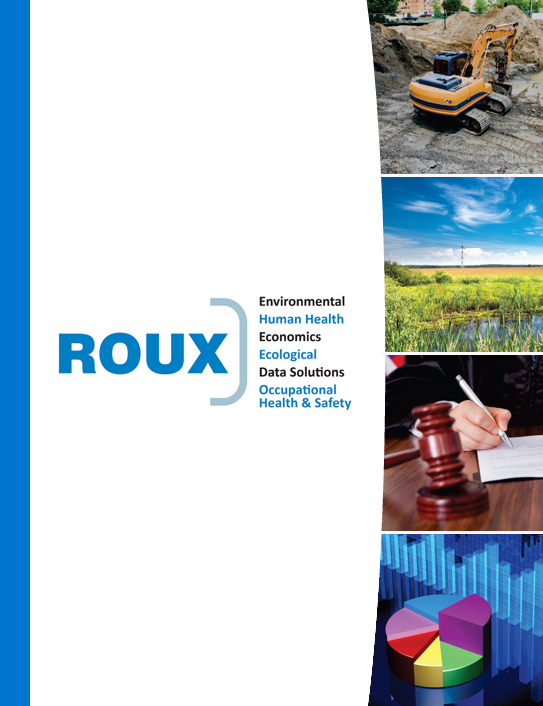What do the New SEC Climate Disclosure Rules mean for you?
On March 6, the US Securities and Exchange Commission (SEC) announced a long-awaited regulation related to US publicly traded companies’ disclosure of greenhouse gas emissions (GHG) and climate risk, capping an almost three-year span from when the regulations were first proposed. The final regulation dictates the scope of environmental disclosures that companies must make, as well as the business and financial risks to a company’s operations due to the effects of climate change.
Under the final rules, the SEC mandated that publicly traded companies annually disclose their Scope 1 and 2 emissions. Scope 1 refers to direct emissions from a company’s operations (i.e., stack emissions), whereas Scope 2 refers to indirect emissions from the generation of purchased power, steam, or heating and cooling. The SEC rules, however, create a broad materiality threshold to report Scope 1 and 2 emissions, and disclosure in large part is only required if the company believes the emissions are “material” to its business and organization. Left out of the SEC final rules are Scope 3 emissions, originally included in the 2021 proposal, which if enacted would have required companies to disclose indirect emissions from a company’s entire value chain including suppliers, distributors, and retailers.
In addition, reporting entities will have to disclose their risk management processes for climate risks, including impacts to business and operational strategies, as well as financial risks caused by severe weather events or other conditions such as sea level rise, flooding, wildfires, etc. Under the rules, the requirements for reporting entities begin for the fiscal year 2025.
These SEC regulations add to an already complex and varying reporting landscape. Requirements to report Scope 1, 2, and 3 emissions currently exist in many European countries, making the incongruity of US and international standards difficult for many companies and investors to navigate. Further complicating the universe of reporting requirements is California’s recent passage of climate risk legislation and the potential for other states to pass similar laws. Under California laws, companies will be required to report Scope 1, 2, and 3 emissions data that mimic the European standards as opposed to the SEC final rules.
The uncertainty over these environmental regulations has left many US companies wondering how best to disclose climate-related risks to stakeholders and investors, and the level of transparency needed. Some questions include:
- Do I qualify as a reporting entity under the prevailing state, federal, or international standards?
- Is my company in the value chain of an entity that has domestic or international reporting requirements?
- What is “material” for my company to report?
- Are my company’s operations at risk for the effects of climate change?
- Do I have reporting obligations for PFAS and other hazardous or non-hazardous waste?
- How do I efficiently and thoroughly gather environmental and climate data?
If these or similar questions have crossed your mind, you may need assistance in understanding your climate change risk, environmental data, and reporting obligations. Reach out below if you’d like an independent environmental audit and strategic advice on improving environmental performance and sustainability.

